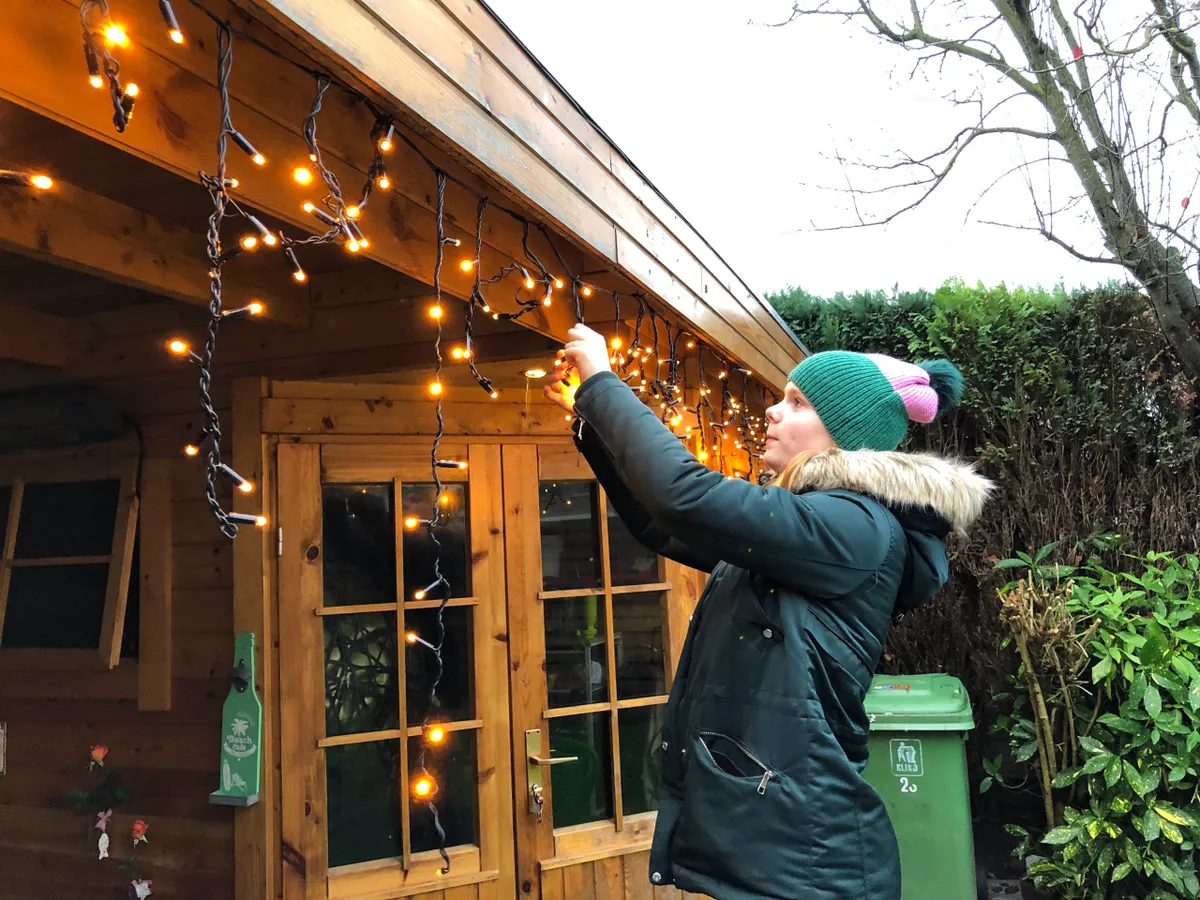Building a successful HOA Board is like assembling a winning team—it requires the right people, the right operational tools, and clear communication.
The Board plays a vital role in:
- Maintaining property values
- Enforcing policies and guidelines
- Ensuring smooth governance
If you’re forming or refreshing your HOA Board, here are five key factors to consider, along with how a community and HOA management software like Enumerate can help.
1. Seek Committed and Reliable Members

An HOA Board is only as strong as its members. According to the Community Associations Institute (CAI), 89% of residents believe their HOA Board plays an important role in their community’s success. Look for individuals who actively participate, respond to homeowner concerns, and are dedicated to making informed decisions.
How Technology Can Help
Software like Engage helps keep Board members accountable by offering task tracking, meeting management, and automated reminders, ensuring nothing falls through the cracks. Having a structured system in place makes it easier for busy volunteers to stay engaged and effective.
Key Takeaway:
Seek Board members who are dependable, engaged, and proactive—then support them with the right tools.
2. Aim for a Well-Rounded Team

A diverse Board brings different skills, experiences, and perspectives to the table. A study by the Foundation for Community Association Research found that Boards with members from various backgrounds make more balanced and effective decisions. Ideally, your team should include individuals with expertise in finance, law, property management, and community relations.
How Technology Can Help
Community management software often offers financial reporting, budget tracking, and document storage, making it easier for Board members with different expertise levels to collaborate. Even if your team lacks a financial expert, software tools can simplify HOA accounting and prevent common mistakes.
Key Takeaway:
A well-balanced Board with complementary skill sets leads to more informed and strategic governance—while software can fill in the gaps.
3. Find Problem-Solvers, Not Just Rule-Enforcers

While enforcing rules is part of an HOA Board’s role, a great Board prioritizes solutions over strict policing. 76% of homeowners in managed communities prefer their HOA to focus on problem-solving rather than excessive rule enforcement (CAI Survey, 2022). Whether it’s about managing budgets, resolving disputes, or handling maintenance projects, Board members should be solution-oriented and diplomatic.
How Technology Can Help
A strong ticketing and maintenance tracking system allows Boards to efficiently track homeowner requests, maintenance issues, and disputes—all in one place. Instead of problems getting lost in email chains, everything is organized and documented for accountability.
Key Takeaway:
Board members should focus on proactive solutions, and using management software helps streamline issue resolution.
4. Prioritize Strong Communication Skills

An HOA Board must communicate with homeowners, vendors, and local authorities. Poor communication leads to misunderstandings, frustration, and decreased resident satisfaction. Studies show that HOAs with clear and transparent communication see 30% higher homeowner engagement and participation.
How Technology Can Help
Community management platforms provide resident portals, automated email alerts, and online voting tools, ensuring homeowners stay informed and engaged. Having a centralized platform for communication can increase transparency and prevent unnecessary disputes.
Key Takeaway:
Effective communication fosters trust and strengthens community relationships—and technology makes it seamless.
5. Clarify Roles and Responsibilities from the Start

New Board members should have a clear understanding of their roles and responsibilities. A lack of clarity can lead to inefficiencies and frustration. According to HOA-USA, Boards that provide clear role definitions and structured onboarding experience 40% less turnover and in turn, more operational success.
How Technology Can Help
Enumerate offers role-based access, document storage, and training resources, making it easy for new Board members to access the information they need. Instead of searching through piles of paperwork, everything is stored digitally in one secure location.
Key Takeaway:
Setting clear expectations from day one prevents confusion and ensures Board members are equipped and motivated to succeed.
Final Thoughts
A well-structured HOA Board is the backbone of a thriving community. By selecting dedicated, skilled, and communicative individuals, your Board can effectively manage responsibilities while fostering a positive neighborhood environment. With the right mix of people and the support of management tools like Enumerate, your HOA can operate more efficiently and effectively.
Learn more when you download the complete guide: The Ultimate Playbook for Forming a Great HOA Board.







